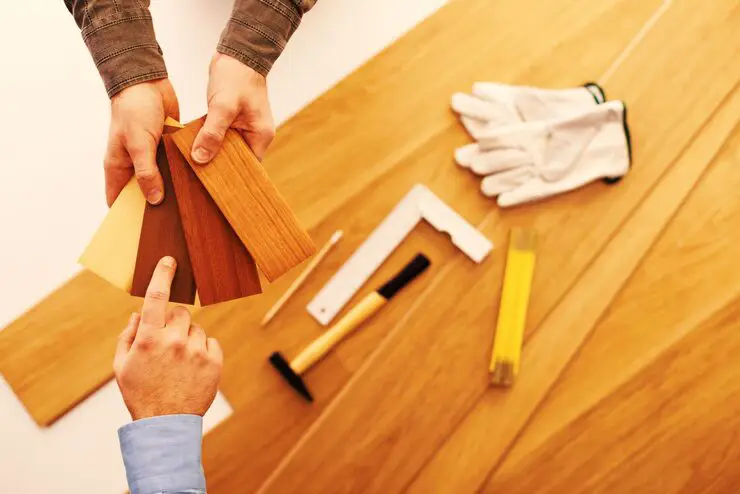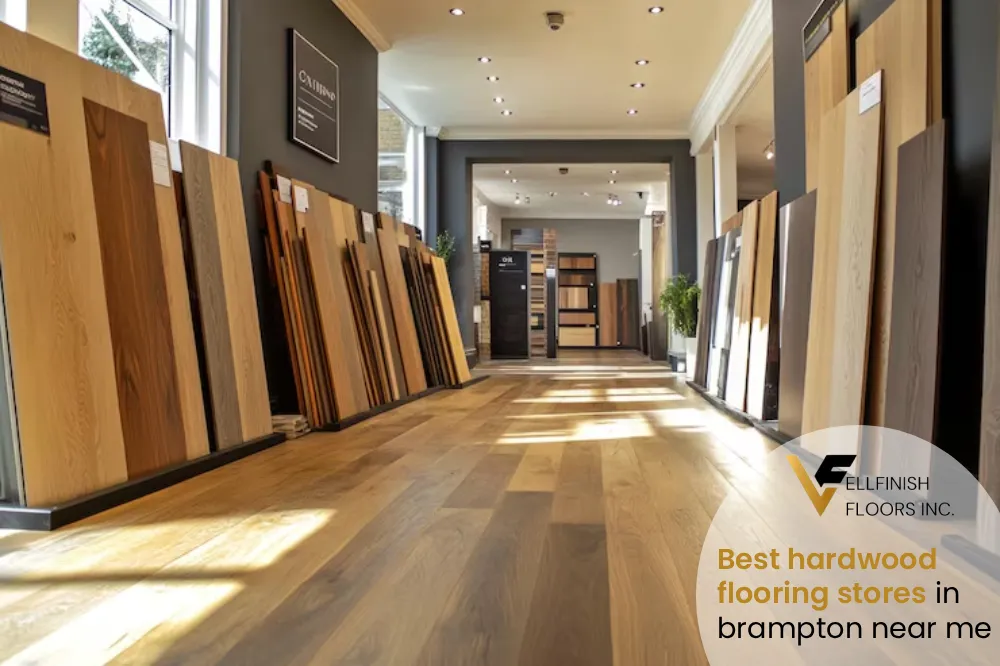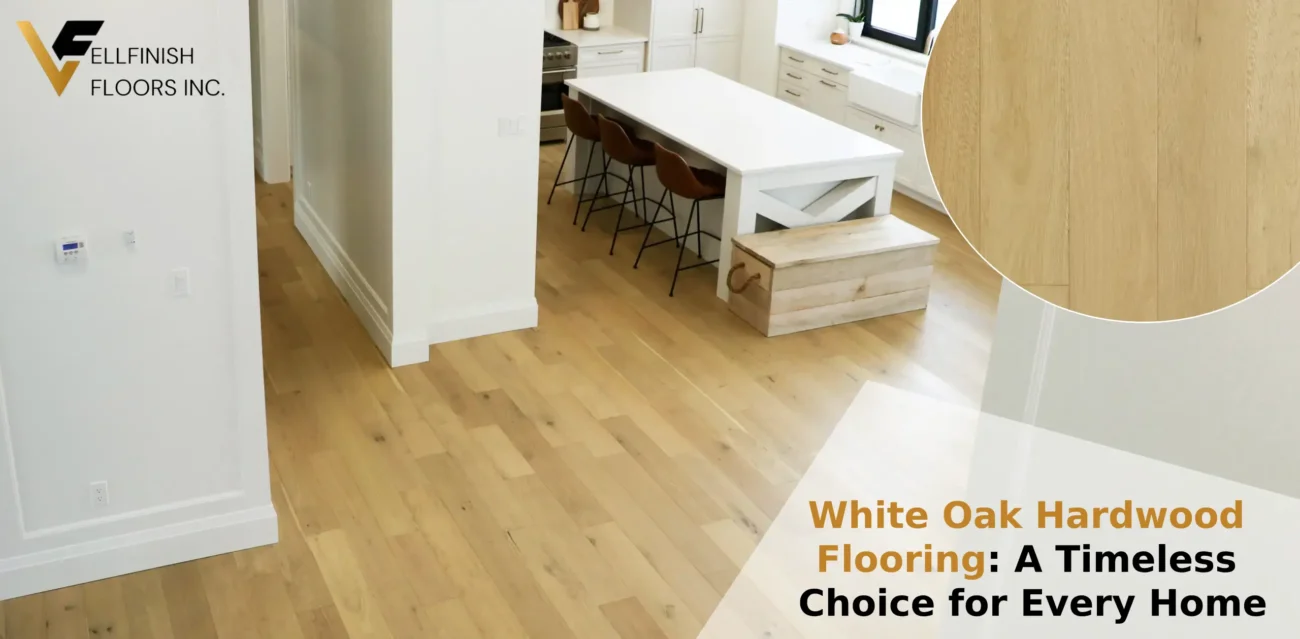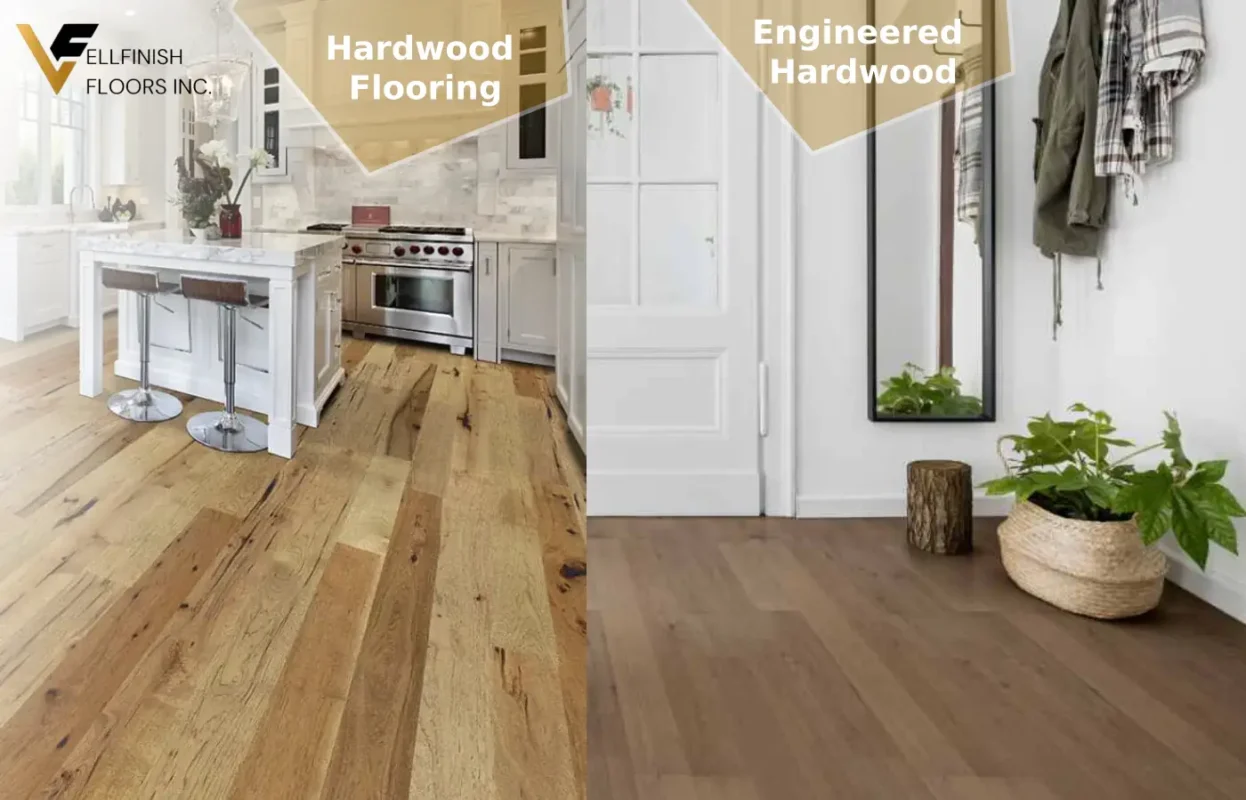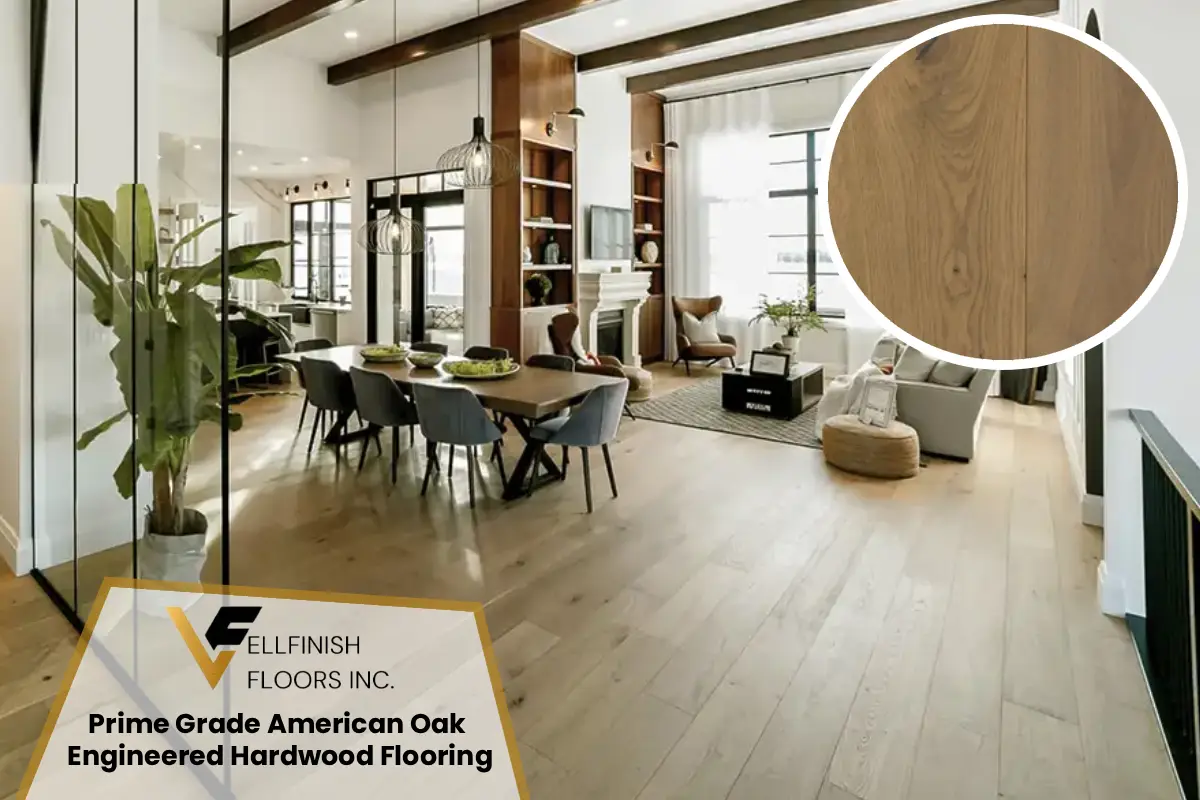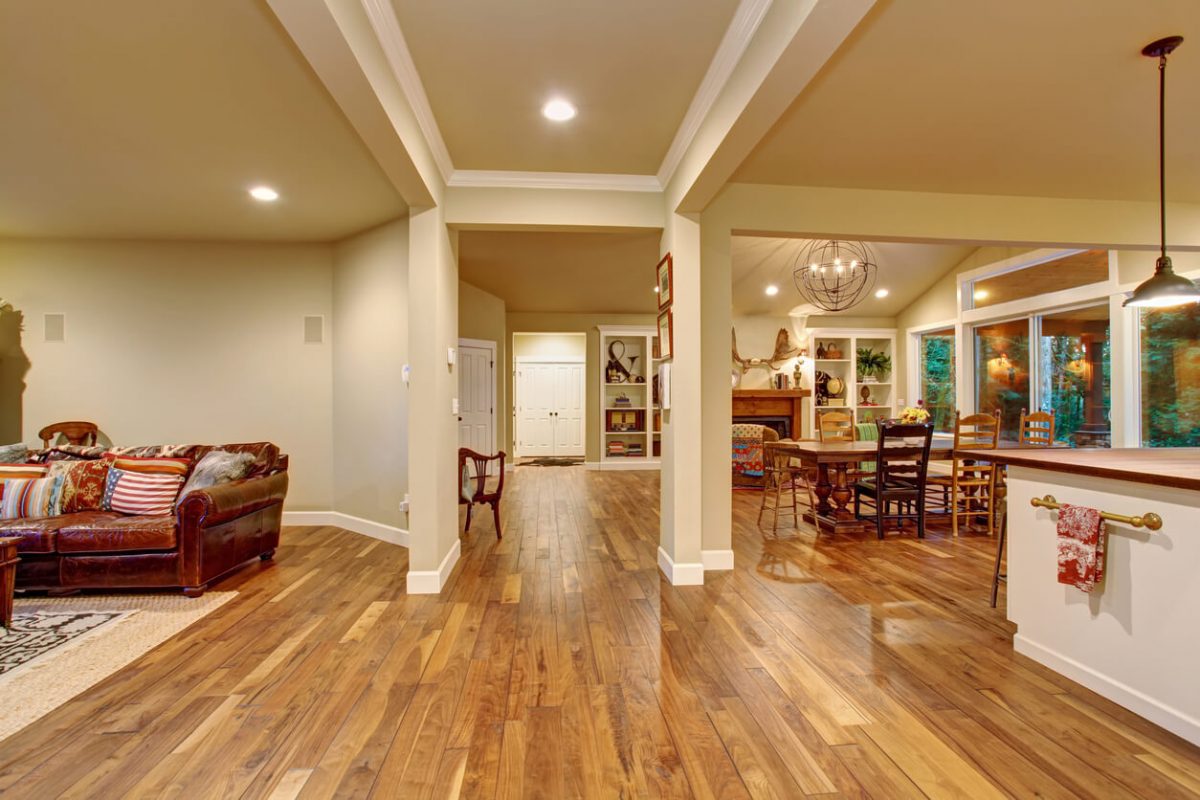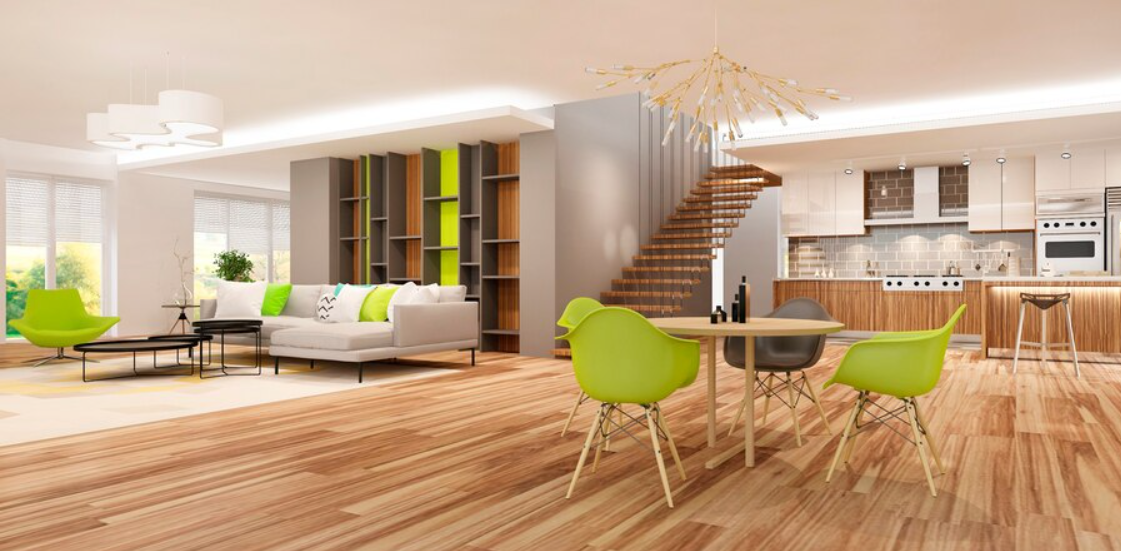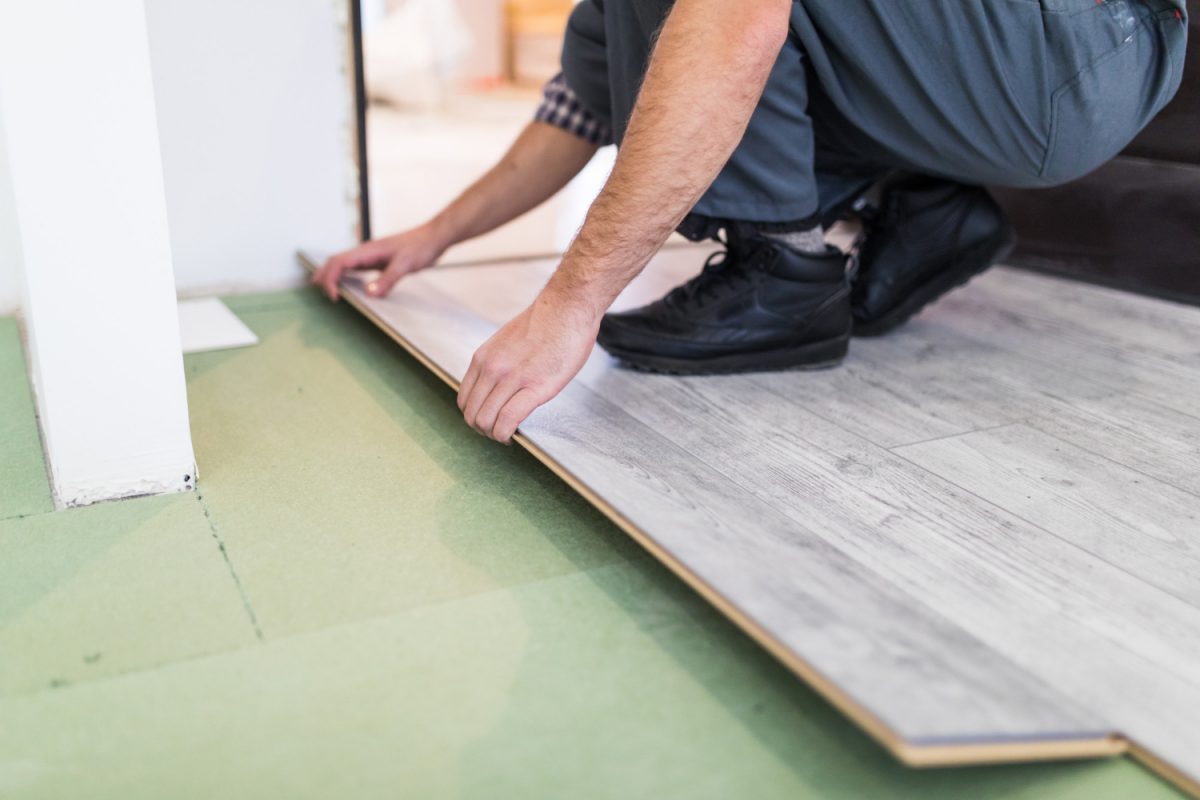Engineered Hardwood Flooring – Benefits, Installation, And Care
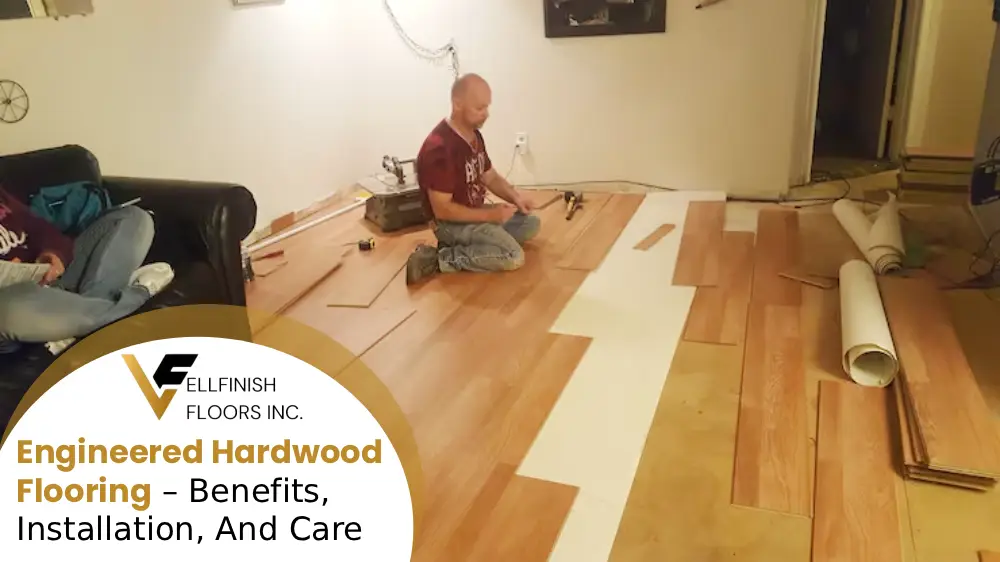
In relation to upgrading your private home’s floors, few options combine beauty, durability, and versatility in addition to engineered hardwood floors. It brings the natural beauty of real timber at the same time as providing greater balance and overall performance in various environments, together with regions where traditional hardwood might not perform as well.
Whether you’re renovating your living room, putting in new flooring on your kitchen, or transforming your workplace, engineered hardwood provides a undying and sensible desire. In this manual, we’ll stroll you through the entirety you want to recognize approximately engineered hardwood flooring — its blessings, installation process, and important care pointers to make certain your floors live beautiful for many years.
What’s Engineered Hardwood flooring?
Engineered hardwood flooring is a sort of timber flooring made from a couple of layers of wonderful plywood or fiberboard topped with a authentic hardwood veneer. This top layer, known as the wear and tear layer, is crafted from actual wooden species along with oak, maple, hickory, or walnut — giving you the same rich look as stable hardwood.
The internal layers, normally manufactured from plywood or high-density fiberboard (HDF), are organized in a go-grain construction. This layout gives engineered hardwood greater dimensional stability, meaning it’s much less liable to warping or expanding because of humidity or temperature adjustments.
Key components of Engineered Hardwood:
- Top Veneer (put on Layer): The seen layer of real wood that can be sanded and refinished, depending on thickness.
- Middle Layers: multiple layers of plywood or HDF for structural strength.
- Backing Layer: the lowest layer that gives balance and stops cupping or warping.
Benefits of Engineered Hardwood flooring
1. Authentic beauty of actual wooden
Engineered hardwood gives the same herbal appearance and warmth as strong hardwood. You may choose from a huge variety of wooden species, stains, and finishes to fit your indoors style — from rustic alrightto trendy maple or uncommon walnut.
2. Superior Dimensional stability
Thanks to its multi-layered creation, engineered hardwood performs higher in areas with fluctuating humidity and temperature. In contrast to solid hardwood, it’s less possibly to amplify, settlement, or warp, making it suitable for basements, kitchens, and even over radiant heating systems.
3. Smooth installation options
Engineered hardwood floors may be installed using various techniques, which include floating, glue-down, or nail-down, depending to your subfloor and alternatives. Many alternatives come with click on-lock structures, making DIY installation possible.
4. Green desire
Engineered hardwood makes use of much less solid wood in comparison to standard hardwood planks, making it an environmentally accountable alternative. Many manufacturers source wood from sustainable forests and use non-poisonous adhesives.
5. Like minded with Underfloor Heating
Not like solid hardwood, engineered wooden can deal with the mild warmness produced via underfloor heating systems, making it an ideal preference for contemporary homes looking for both luxurious and comfort.
6. Price-effective
Engineered hardwood is regularly more less expensive than solid wooden, mainly for wider planks or unusual species. You get the identical excessive-quit appearance without the top rate price tag.
7. Low preservation and long Lifespan
With proper care, engineered hardwood can last 20–30 years or greater. Its protective end facilitates resist scratches, stains, and fading, making sure lengthy-time period beauty with minimal protection.
Set up of Engineered Hardwood floors
Certainly one of the largest benefits of engineered hardwood flooring is its versatility in set up. Whether or not you’re hiring experts or taking the DIY direction, expertise the set up methods can help make certain a a hit, long-lasting ground.
1. Preparation Steps
Earlier than starting set up, follow these instruction tips:
- Acclimate the flooring: allow your engineered hardwood planks sit down in the room for 48–seventy two hours before installation to evolve to temperature and humidity.
- Look at the Subfloor: make certain it’s miles easy, level, and dry. Subfloors can be made from concrete, plywood, or current flooring, relying to your installation approach.
- Collect tools and substances: You’ll want spacers, a noticed, measuring tape, underlayment (if floating), and adhesive (if gluing).
2. Installation methods
A. Floating installation
A famous and clean approach, floating floors involve clicking planks together the usage of tongue-and-groove or click on-lock structures with out glue or nails.
- Appropriate for: Plywood, concrete, or present floors.
- Ideal for DIYers.
- Calls for underlayment for moisture and sound insulation.
B. Glue-Down installation
Here, the planks are adhered directly to the subfloor using great floors adhesive.
- Appropriate for: Concrete or plywood subfloors.
- Presents superb balance and noise discount.
- Advocated for areas with slight moisture tiers.
C. Nail-Down or Staple set up
This conventional method involves fastening planks immediately into a timber subfloor the use of nails or staples.
- Suitable for: wooden subfloors simplest.
- Offers a solid, permanent set up.
- Not unusual in upper-stage rooms.
3. Expert set up vs. DIY
Even as engineered hardwood is simpler to put in than stable hardwood, professional installation is suggested for larger spaces or complex layouts. Specialists ensure unique becoming, right moisture obstacles, and perfect finishing.
But, in case you’re skilled in home improvement, DIY floating set up can shop labor expenses and offer pleasure in seeing your paintings come to lifestyles.
Care and maintenance of Engineered Hardwood flooring
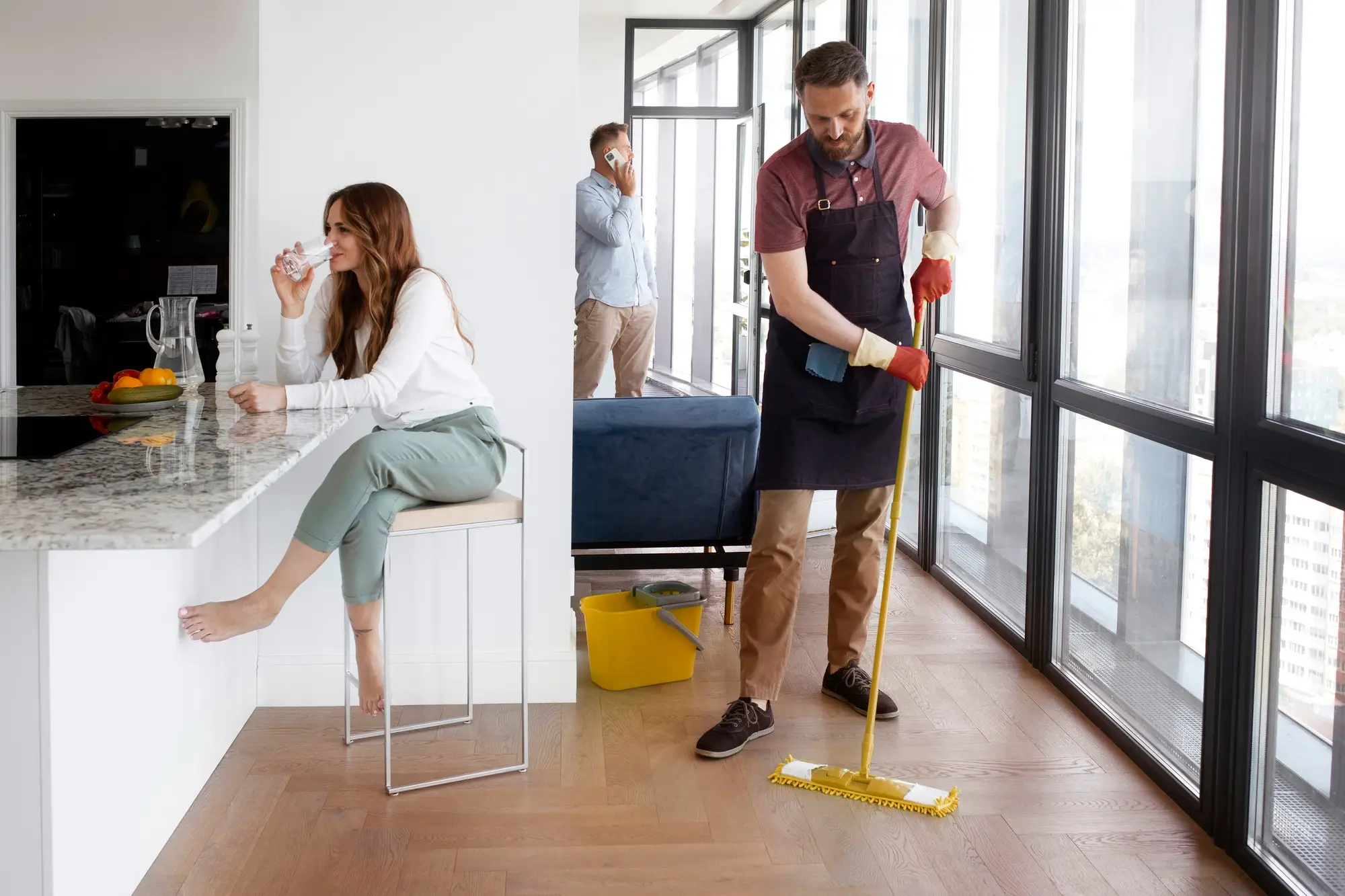
Proper care facilitates increase the life of your engineered hardwood and preserve its elegant look. Here’s the way to preserve it searching its satisfactory:
1. Regular cleansing
- Each day/Weekly: Sweep or vacuum with a gentle-bristle attachment to do away with dust and particles which could reason scratches.
- Mopping: Use a damp (no longer moist) microfiber mop. Avoid immoderate water as it can seep into seams and harm the core.
- Cleaners: Use pH-neutral hardwood cleaners; keep away from harsh chemical compounds, wax, or oil-based totally merchandise.
2. Preventive preservation
- Region rugs or mats near entryways to lure dust and moisture.
- Use felt pads under furniture legs to save you scratches.
- Keep away from sporting excessive heels or dragging heavy gadgets throughout the floor.
- Keep humidity between 35–fifty five% to prevent enlargement or shrinkage.
3. Coping with Spills and Stains
Wipe up spills at once with a dry or barely damp fabric. For cussed stains, use a hardwood cleaner and a soft fabric — never use abrasive substances or steam mops.
4. Refinishing and maintenance
Depending on the thickness of the pinnacle wear layer, engineered hardwood may be sanded and refinished a couple of times at some stage in its lifespan. This allows you to cast off surface scratches and renew the finish for a logo-new look.
5. Seasonal Care
In humid months, use a dehumidifier to lessen swelling, at the same time as at some stage in dry seasons, use a humidifier to prevent cracks or gaps. Preserving consistent indoor conditions is prime to lengthy-term durability.
Engineered Hardwood Flooring vs. Solid Hardwood
| Feature | Engineered Hardwood | Solid Hardwood |
|---|---|---|
| Construction | Multi-layered core with real wood veneer | Solid wood throughout |
| Durability | Highly stable; resists moisture and humidity | Prone to warping with moisture |
| Installation Options | Floating, glue, or nail | Nail-down only |
| Cost | More affordable | Higher cost |
| Refinishing | 1–2 times depending on veneer thickness | Multiple times |
| Underfloor Heating | Compatible | Not recommended |
Verdict: Engineered hardwood affords the proper balance of real timber beauty and cutting-edge practicality, making it the perfect desire for most houses and industrial areas.
Satisfactory places to put in Engineered Hardwood floors
Engineered hardwood is flexible enough for use in almost any room:
- Living Rooms: adds warm temperature and a pricey contact.
- Bedrooms: Creates a relaxed, elegant atmosphere.
- Kitchens: stable in opposition to humidity and easy to clean.
- Basements: extra moisture-resistant than strong wooden.
- Workplaces and industrial spaces: long lasting, stylish, and clean to preserve.
Avoid installing in full toilets or areas with status water.
Environmental impact and Sustainability
Modern-day engineered hardwood flooring is manufactured with sustainability in mind. Many brands use FSC-licensed timber, low-VOC finishes, and recycled materials. Choosing engineered hardwood supports responsible forestry whilst giving your house a premium, eco-conscious improve.
Why choose Engineered Hardwood flooring?
- Real wooden splendor with more suitable performance.
- Extensive selection of styles, shades, and finishes.
- Proof against moisture, warping, and seasonal expansion.
- Short and flexible installation methods.
- Lengthy lifespan with easy maintenance.
Whether you need a current minimalist look or a conventional rustic charm, engineered hardwood offers the suitable mixture of favor, energy, and sustainability.
Very last mind
Engineered hardwood floors is a clever funding that mixes luxurious, practicality, and longevity. With its true timber floor, strong middle construction, and clean maintenance, it’s no marvel that homeowners and architects alike are deciding on it for contemporary and conventional interiors.
By using understanding its advantages, installation strategies, and care requirements, you could make sure your engineered hardwood floors stay as lovely and useful as the day they have been hooked up.
In case you’re making plans to renovate your home or industrial area, consider the undying beauty of engineered hardwood floors — a lovely, long lasting, and sustainable preference that virtually stands the take a look at of time.



